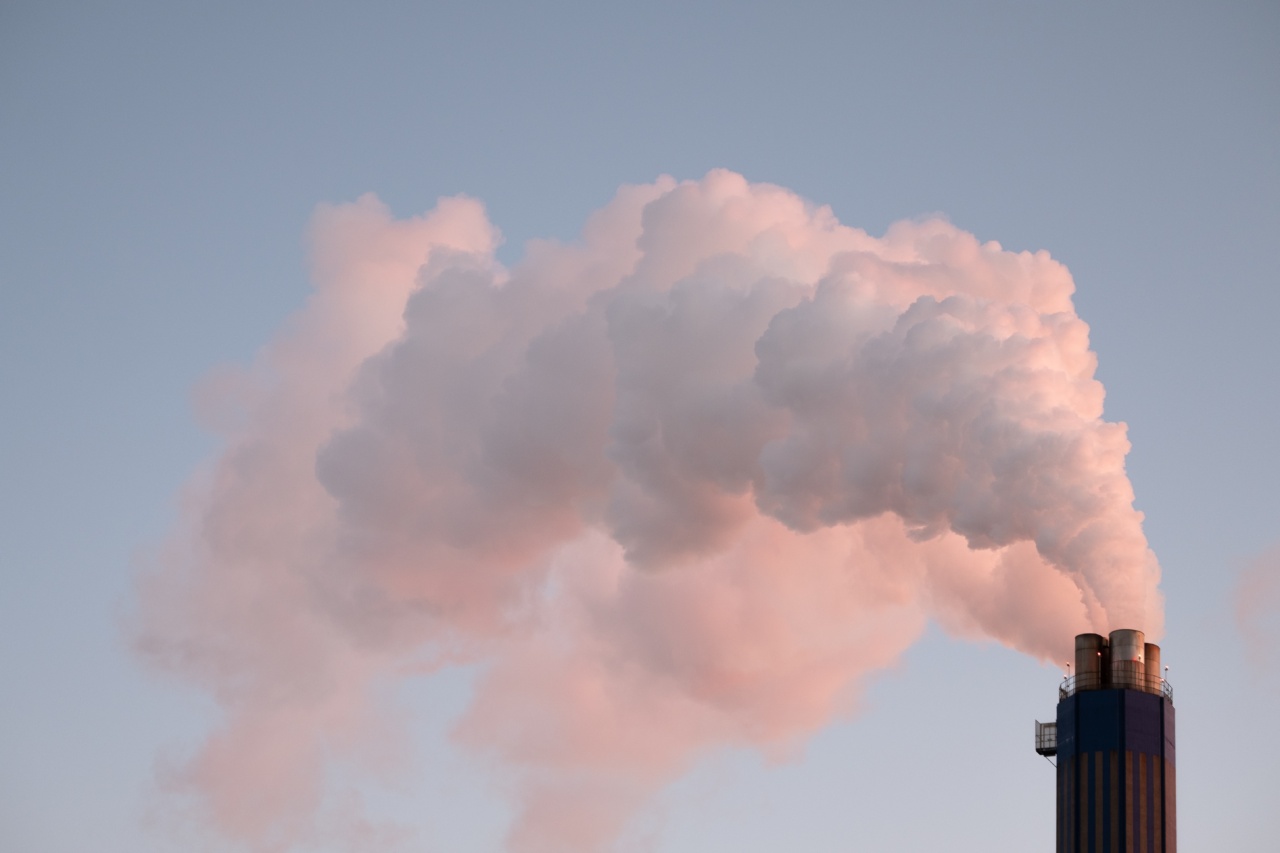Air pollution is a growing concern worldwide, with detrimental effects on the environment and human health.
While most of us are aware of the visible effects of air pollution, such as smog and haze, there are many hidden health risks associated with breathing polluted air. These risks can have a dangerous impact on our well-being and require our attention. In this article, we will explore some of the often-overlooked health risks of air pollution that everyone should be aware of.
1. Respiratory Problems
One of the most well-known health risks associated with air pollution is respiratory problems. Breathing in polluted air can irritate the respiratory system, causing coughing, wheezing, and shortness of breath.
Prolonged exposure to air pollution can lead to the development or worsening of conditions such as asthma, bronchitis, and other respiratory infections.
2. Cardiovascular Issues
Air pollution doesn’t just affect our lungs; it also has a significant impact on our heart health. Studies have shown that exposure to high levels of air pollution can increase the risk of heart attacks, strokes, and other cardiovascular diseases.
The tiny particles found in polluted air can enter our bloodstream, triggering inflammation and oxidative stress, both of which are factors in heart disease development.
3. Allergies and Allergic Reactions
If you suffer from allergies, you may be familiar with the adverse effects of air pollution on your symptoms. Polluted air can aggravate existing allergies and sensitivities, causing more frequent and severe allergic reactions.
The harmful substances in polluted air can also lead to the development of new allergies in individuals who were previously unaffected.
4. Impaired Lung Development in Children
The effects of air pollution are particularly harmful to children, whose lungs are still developing. Prolonged exposure to polluted air during childhood can impair lung growth, resulting in reduced lung function in adulthood.
Children exposed to high levels of air pollution are also more prone to respiratory infections and asthma, which can have long-term implications for their health.
5. Increased Risk of Cancer
It may come as a surprise, but air pollution has been linked to an increased risk of cancer. The International Agency for Research on Cancer (IARC) has classified air pollution as a Group 1 carcinogen, meaning it is known to cause cancer in humans.
Long-term exposure to specific pollutants, such as fine particulate matter and certain volatile organic compounds, has been associated with a higher incidence of lung, bladder, and other types of cancer.
6. Mental Health Issues
While the physical health risks of air pollution are widely recognized, its impact on mental health is often overlooked. Several studies have found a connection between exposure to air pollution and various mental health issues.
The fine particles in polluted air can penetrate the bloodstream and affect the brain, leading to cognitive problems, increased risk of depression and anxiety, and even neurodevelopmental disorders in children.
7. Negative Effects on Pregnancy
Pregnant women should be particularly cautious about air pollution due to its potential harmful effects on both the mother and the developing fetus.
Studies have shown that exposure to air pollution during pregnancy can increase the risk of preterm birth, low birth weight, and developmental issues in children. Pregnant women who live in areas with high levels of air pollution should take extra precautions to protect themselves and their unborn babies.
8. Weakened Immune System
Our immune system plays a crucial role in defending our bodies against diseases and infections. However, air pollution can weaken our immune system, making us more susceptible to various illnesses.
The toxic substances present in polluted air can impair immune function, making it harder for our bodies to fight off infections and increasing the risk of respiratory and other infections.
9. Premature Aging
The visible signs of aging, such as wrinkles and age spots, are not solely a result of the natural aging process. Air pollution can accelerate the aging of our skin, causing premature aging effects.
The pollutants present in the air can damage collagen and elastin, which are essential for maintaining youthful skin. This can lead to the appearance of wrinkles, fine lines, and a dull complexion.
10. Reduced Life Expectancy
Perhaps one of the most alarming hidden health risks of air pollution is its impact on life expectancy. Numerous studies have shown a strong correlation between exposure to polluted air and premature death.
Breathing in contaminated air day after day can have long-term consequences, reducing our life expectancy by several years. The World Health Organization estimates that around 7 million premature deaths occur each year due to air pollution.






























